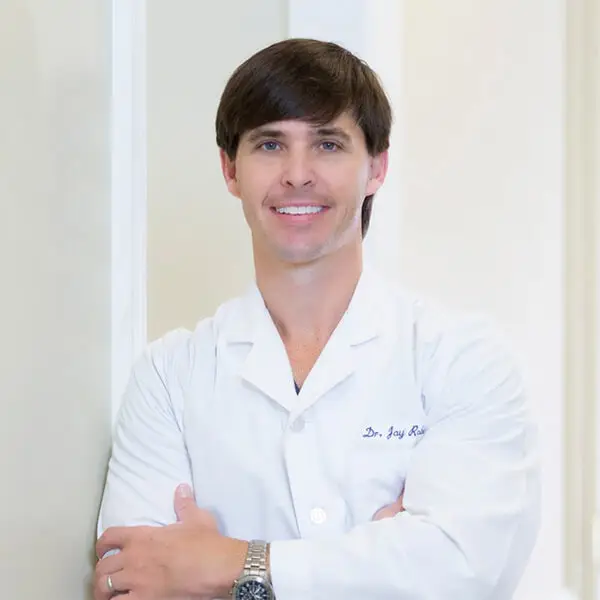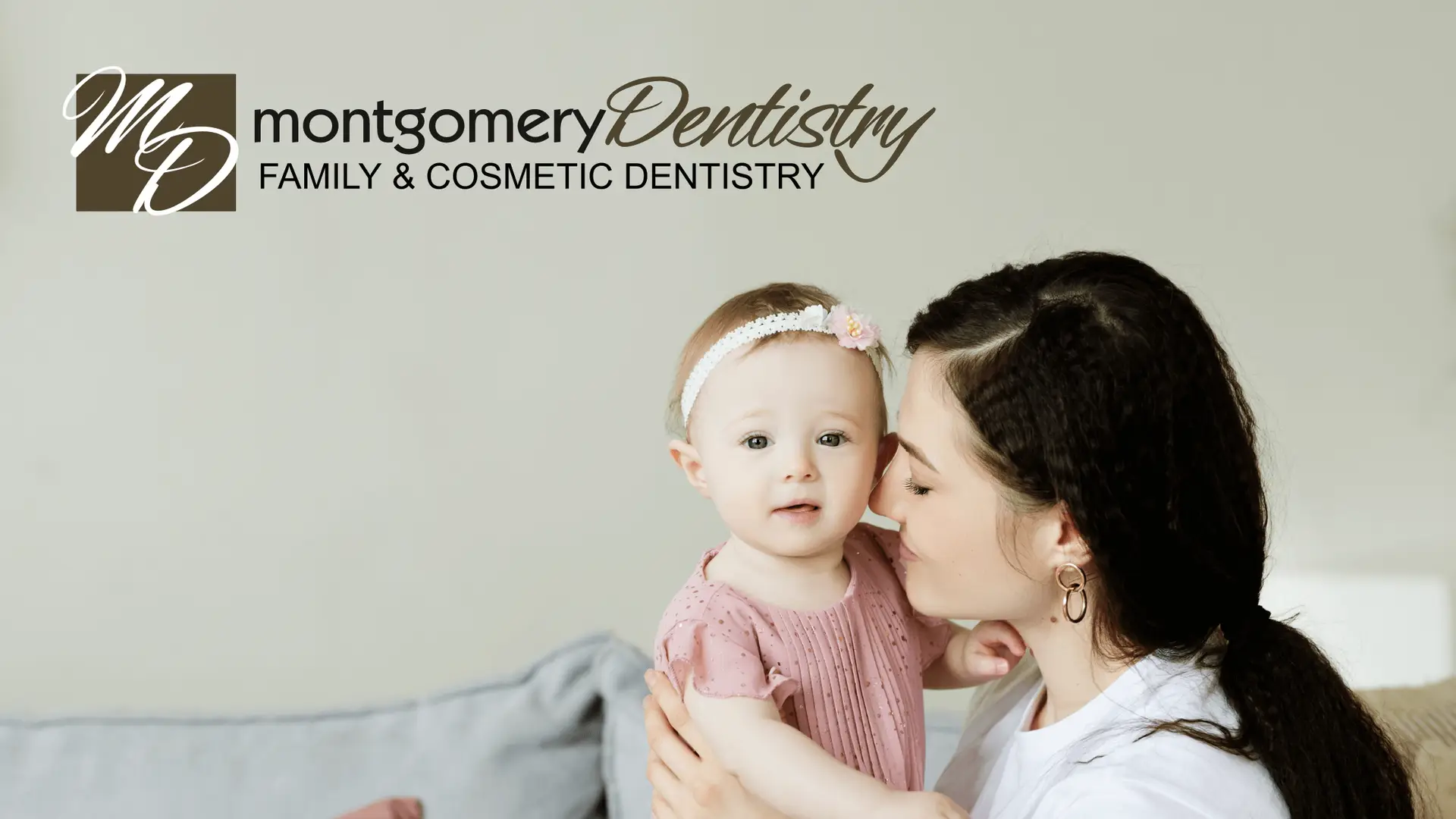Did you know that one out of 10 two-year-olds already has one or more cavities? That might not seem like a big deal since their baby teeth are going to fall out eventually anyway, but dental problems at a young age can actually lead to even bigger problems years down the line. The best way to prevent dental issues further down the road is to take care of your child’s dental health from a young age and teach them proper dental hygiene skills as soon as you can.
Wipe your baby’s gums with a soft, warm washcloth after each feeding. It’s important to take care of your baby’s gums from the time they’re born, even though they don’t have any visible teeth yet. If you don’t, you run the risk of letting harmful bacteria run rampant in their mouths, which can cause serious dental issues both in the present and future. You can use a warm washcloth or a piece of gauze to wipe down your baby’s gums after each feeding to cut down on the presence of harmful bacteria in their mouth.
Don’t let your baby go to bed with a bottle. If you do send your baby off to bed with a bottle, the sugars from the juice or milk will stay on their teeth and gums for hours, which can erode the enamel on their baby teeth and cause bacteria to grow in their mouth and on their gums. If you need to put your baby to bed with a bottle, opt for water instead.
Brush your child’s first teeth with a soft-bristled toothbrush for two minutes twice a day. You should brush your baby’s first teeth for at least two minutes twice a day with a soft-bristled toothbrush, water, and a rice grain-sized amount of toothpaste to keep their teeth and gums clean and healthy.
Once your child reaches the age of 3, start encouraging them to brush their own teeth and spit out excess toothpaste and saliva during the brushing process while you supervise. You can also increase the amount of toothpaste you use from a rice grain-sized amount to a pea-sized amount and switch to a fluoride toothpaste once your child turns 3 and is able to spit out excess toothpaste. Just make sure to check behind your child after they’re done brushing to make sure the job is done well.
P.S. Make sure to replace your child’s toothbrush every three to four months! Click here to learn more about caring for toothbrushes.
Start flossing when two of your baby’s teeth are touching. It’s important to go ahead and get into the habit of flossing your child’s teeth as soon as they have two teeth that are touching. This is an extremely important step that will prevent any tooth decay and instill good dental hygiene habits.
Take your child for their first dentist visit by their first birthday. The CDC reports that dental care costs are nearly 40% lower over a 5-year period for children who see a dentist by age 5. Ideally, you’ll bring your child in within six months of their first tooth coming out. As long as you schedule an appointment by their first birthday, though, you should be on track when it comes to properly caring for their dental health. After their first appointment, you should aim to come in every six months for your child to get a dental cleaning and an exam.
Ready to schedule your child’s first dental exam and cleaning? Have questions about the best way to care for your infant’s dental health? Call Montgomery Dentistry at (334) 279-0760 today!
About the Author
-

Dr. Jay L. Robertson
Dr. Jay Robertson joined our practice in July 2008. He is from Montgomery and is a graduate of Saint James School, Birmingham-Southern College, and the University of Alabama, Birmingham School of Dentistry. He is a member of the American Dental Association, the Alabama Dental Association and the Academy of General Dentistry.
Dr. Robertson and his wife Jennifer have four children, John Campbell, Julian, Lowe, and Ansley.
Dr. Robertson serves on the board of the Montgomery Quarterback Club and is a member of the First United Methodist Church of Montgomery. When not at work, Dr. Robertson enjoys all things sports, including Auburn, golf, and his children’s various sports.
